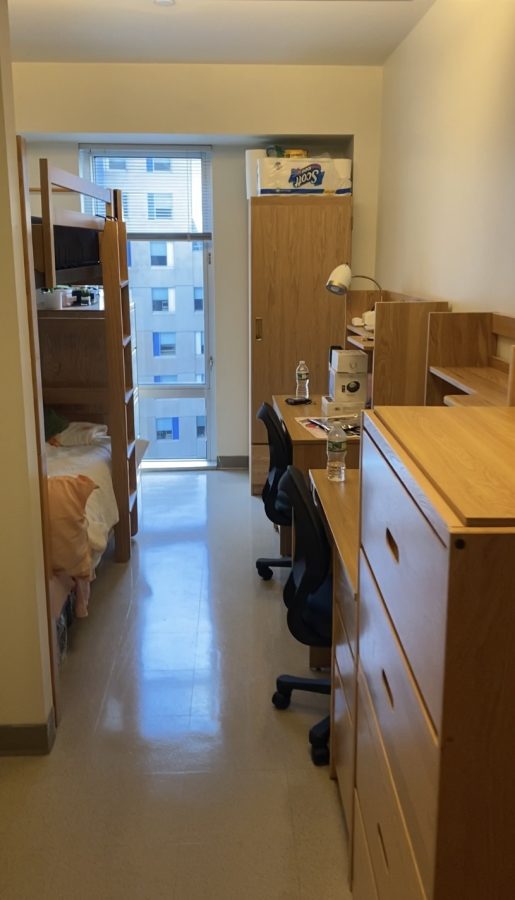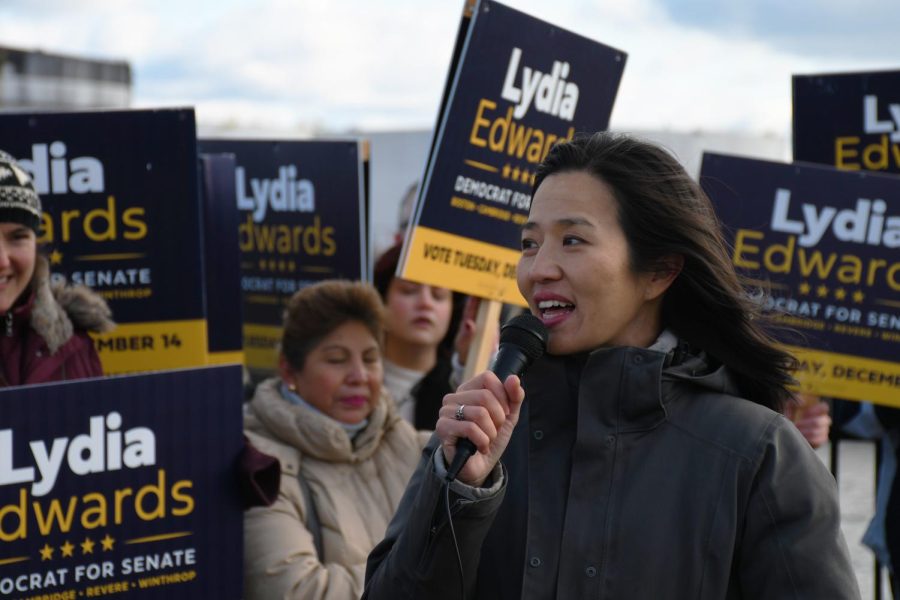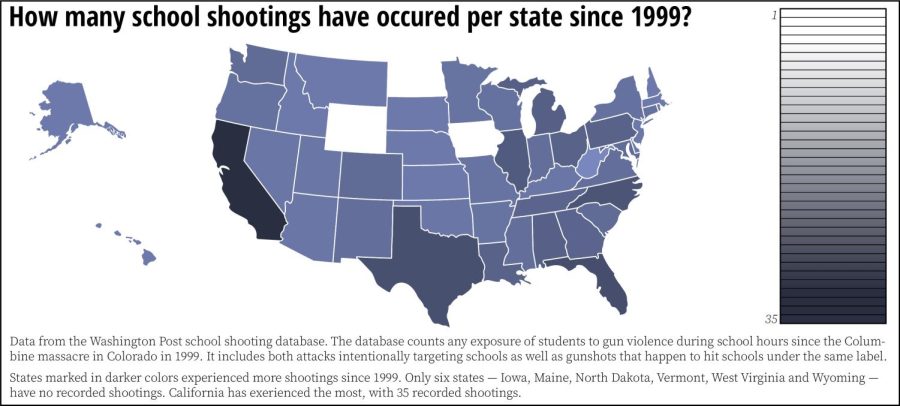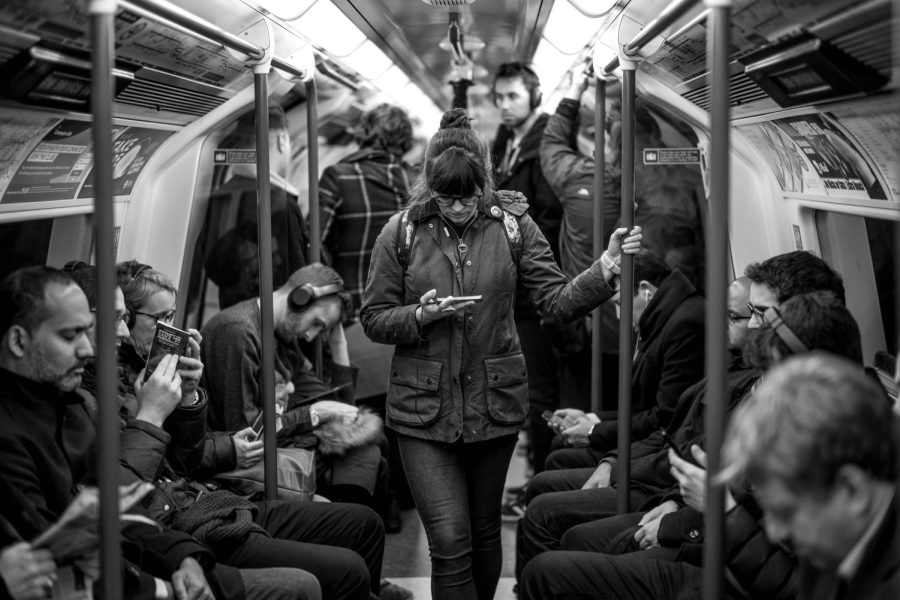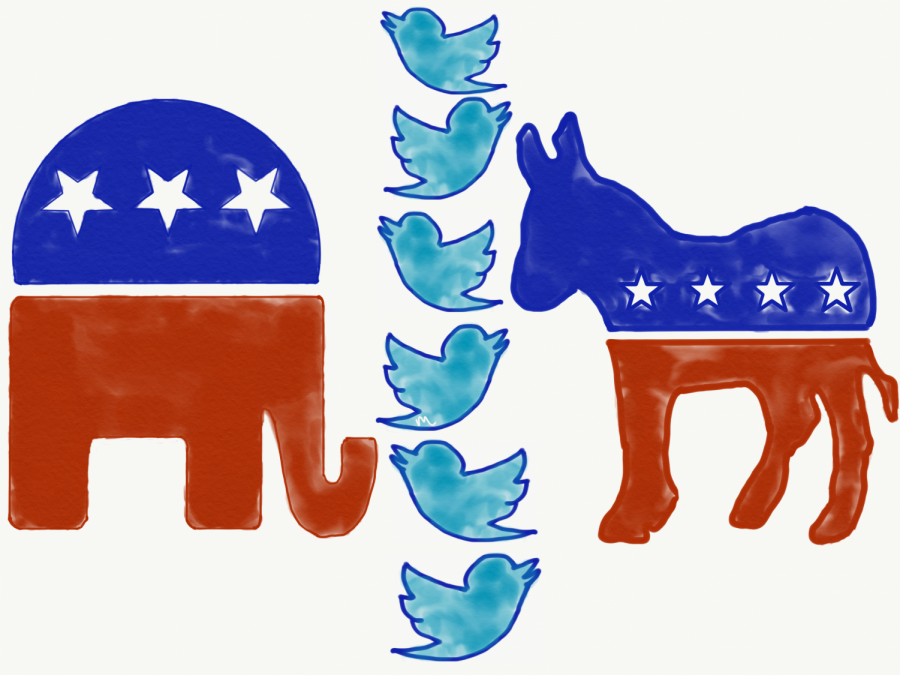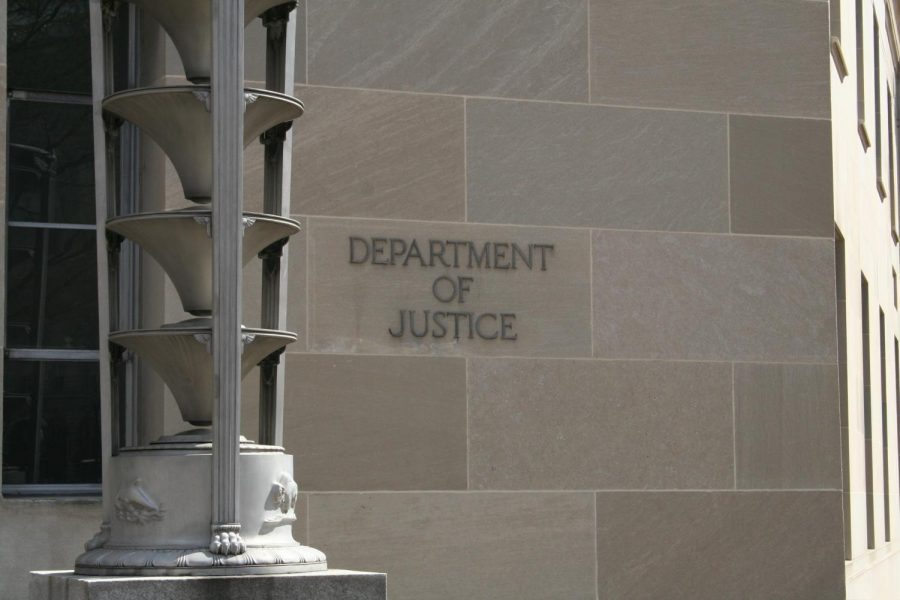By Gwen Schanker, Editorial Columnist
The world is in a state of tumult. With the combination of the impending presidential election, the recent attacks in Paris, Kenya and Lebanon, the Syrian refugee crisis and the Planned Parenthood shooting in Colorado Springs – it’s difficult to keep up. It’s also a time of hopelessness and, consequently, powerlessness. As I’m struggling to get through my last round of assignments before final exams, I’m feeling confused, depressed and exhausted by the state of the world. I also feel a longing to do something and am looking to see if there’s some way that, as a student, I can do something that’s actually helpful.
Many students have taken to social media to express emotion or show support for what’s happening in the world. Several of my Facebook friends posted statuses saying they were “in solidarity” with students at Yale University and the University of Missouri; opinionated posts on the refugee crisis have filled Twitter; and just a day after the Paris attacks, my wall was flooded with profile photos tinted with the French flag.
Clearly, the goal of these posts was to show support for those in need – Facebook even showed a message of “change your profile picture and show your support for the people of Paris” every time I spotted a new red, white and blue-striped image.
In previous columns, I’ve discussed the important role of social media in activism and how quickly a trend can spread online with both good and bad consequences. That pop-up message made me feel that if I didn’t follow the trend, I wasn’t being supportive enough, when, of course, comparing my own level of support to others’ isn’t the point of support at all. This raises the question of whether social media posts detract from the finger-pointing, arguing and controversy that have become commonplace over the past few months, or whether the numerous Facebook posts do more harm than help.
The world is more polarized than it ever has been in my lifetime, and I worry that everything I do will only add to the negative emotion. One of my favorite times of year is just beginning. For as long as I can remember, I’ve counted down the days until it’s acceptable to listen to holiday music. Yes, that’s dorky, but holiday music has always made me think of family, friends and the anticipation that comes with the new year. This is the first year I’ve felt self-conscious about my love for holiday music, partly because I don’t want to be lumped in with the Starbucks red-cup controversy.
Furthermore, the hope that comes from listening to holiday music seems trite this year compared to the larger hope the world needs. Everyone could use a dose of joy right now, but it’s unclear what form that joy will take when so many conversations create discomfort.
I’ve learned to cultivate happiness on an individual level, but I don’t know how to do so in a community – whether that community consists of members of my family, students at my university or people around the world. Those who express their opinion on social media, in class or at Thanksgiving dinner are struggling with the same feeling of powerlessness, but they’re often in conflict with one another. The question isn’t what each individual can do to make a difference, but how that necessary sense of community can be better developed as the new year approaches.



